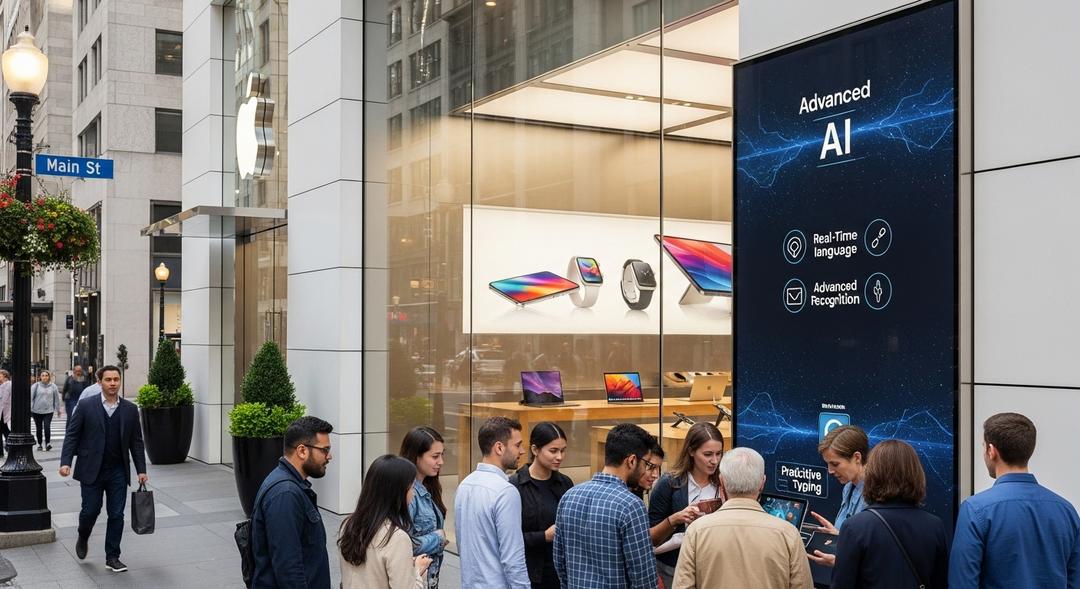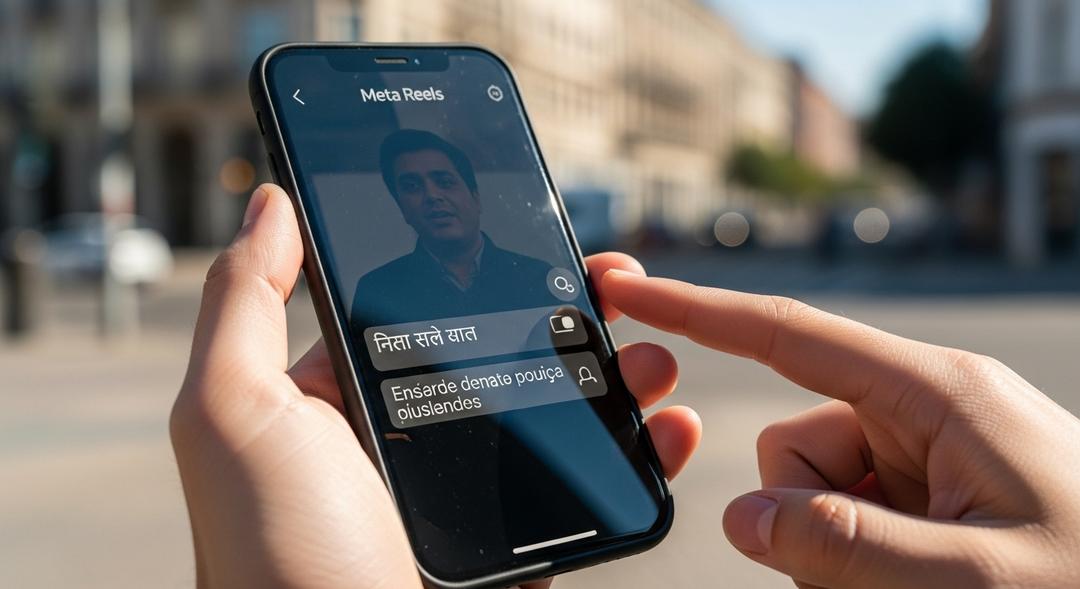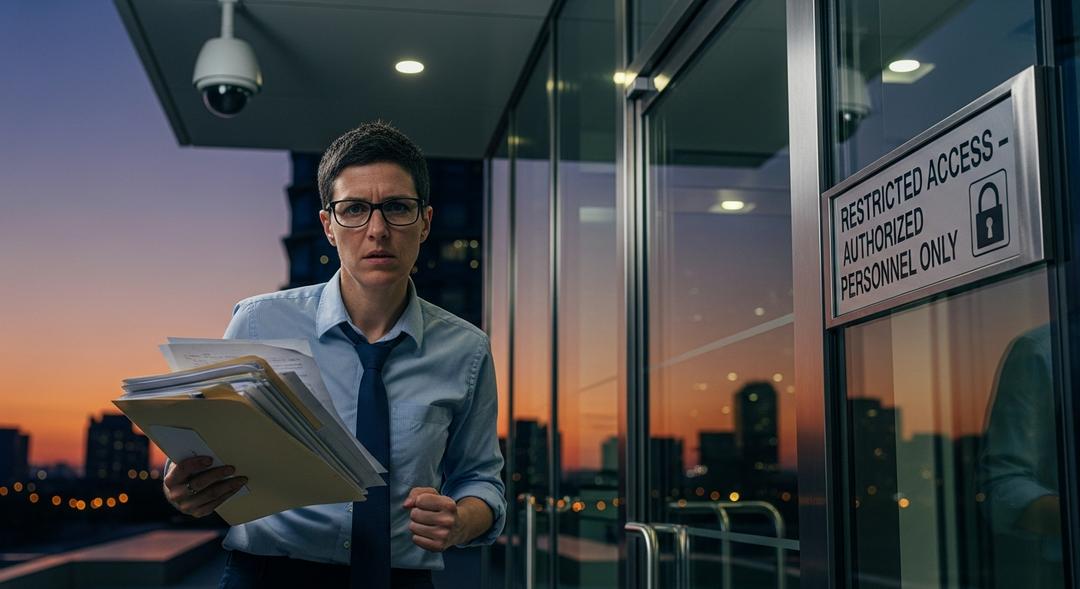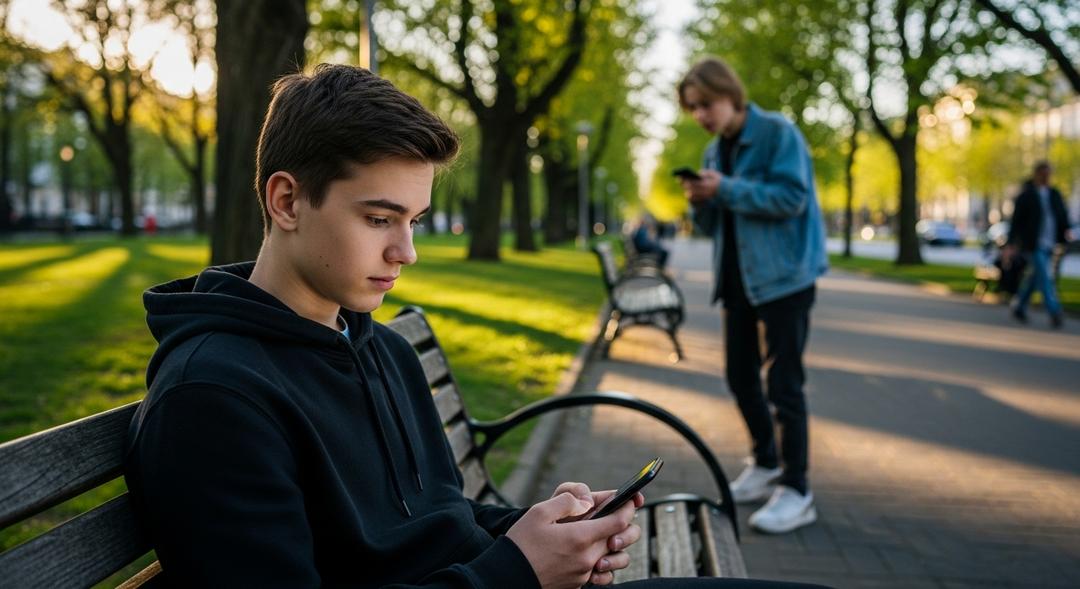Some college students are quietly turning to artificial intelligence tools, not just for a quick answer but as a way to cope with the stress and uncertainty woven through their academic lives.
Across classrooms at the University of Pittsburgh, a research team set out to investigate what students themselves think about the rapid rise of AI and how it reshapes their relationships with classmates and professors.
Almost everyone in the focus groups had dipped into AI technology at some point when studying felt overwhelming or an assignment just seemed like busywork. Students said they usually did not start projects using AI, but that didn’t stop them from calling on tools like AI technology at some point when stuck.
A few participants described how AI gives them feedback on essays or walks them through tough questions, sometimes feeling more approachable than their teachers. For some, turning to a chatbot beats sitting in a crowded office while a professor, as one student put it, might come off as “demeaning.” Another student summed it up, “With ChatGPT you can ask as many questions as you want and it’s not going to judge you.”
Yet guilt sometimes shadows these moments. While a number of students appreciated the help, many admitted feeling uneasy or ashamed, fearing others would see them as lazy or unethical.
Changing Trust and Connection on Campus
The introduction of AI has also bred anxiety and suspicion both among students and between students and faculty. Unclear rules about when and how AI can be used leave students in limbo. “I feel uncertain of what the expectations are,” confessed an urban planning major.
Students often grew frustrated with classmates who seemed to outsource learning to a computer. Some felt let down after asking a peer for help only to learn that they “just used ChatGPT” and could not explain the answer. In group assignments, discovering that someone used AI behind the scenes stood out as a “giant red flag.”
The pain of these encounters lingers. Some students, rather than risk accusations or group tension, simply take on extra work themselves. “It ends up being more work for me,” said a political science major, “because it’s not only me doing my work by myself, it’s me double checking yours.”
This atmosphere breeds wariness. Students now worry about being “left behind” if others get better grades through AI or about false accusations. Sometimes they pull back, skipping conversations or group work to avoid confrontation.
Amid all this uncertainty, the backbone of college experience—active engagement with professors and fellow students—can begin to erode. The concern is not just about academic honesty but about the isolation that can come when students start dodging office hours or relying on devices instead of mentors and friends.
The findings suggest that colleges may need to rethink how they foster trust and encourage genuine connection on campus, with clearer expectations and new chances for students and teachers to build relationships face-to-face, as discussed in college culture shifts as AI changes how students learn.








